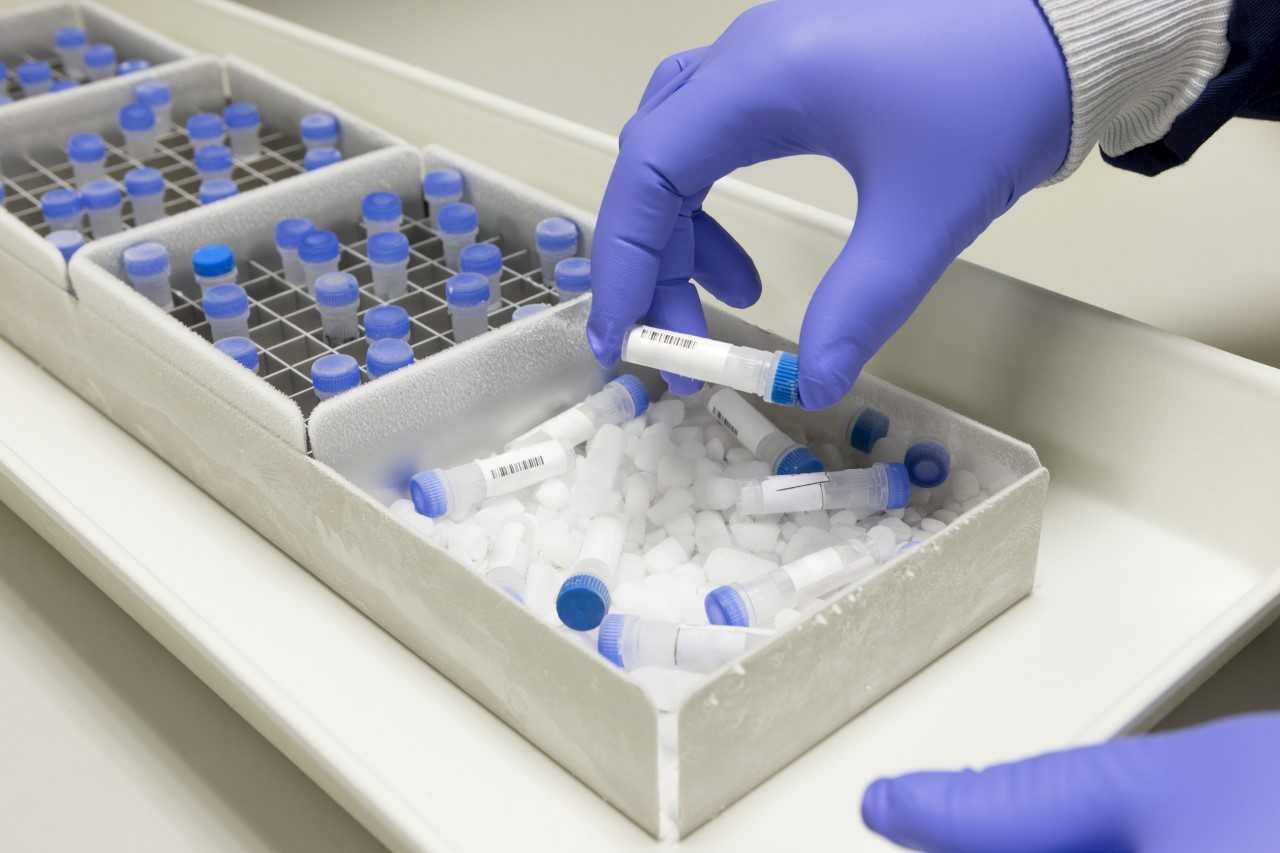About us
The EVMS Biorepository collects, processes, and stores biological specimens and associated data. Our facilities include low-temperature, low-humidity controlled rooms to maximize the viability of biospecimens at all points of processing, from sample collection to freezing and storage.
In 2017, the EVMS Biorepository obtained College of American Pathologists (CAP) biorepository accreditation. This accreditation program focuses on the kind of quality, accuracy, procedural consistency, best practices, and evidence based standards that directly improves research outcomes.


